- Aldert Kamp, Former Director of Education at TU Delft Faculty of Aerospace Engineering
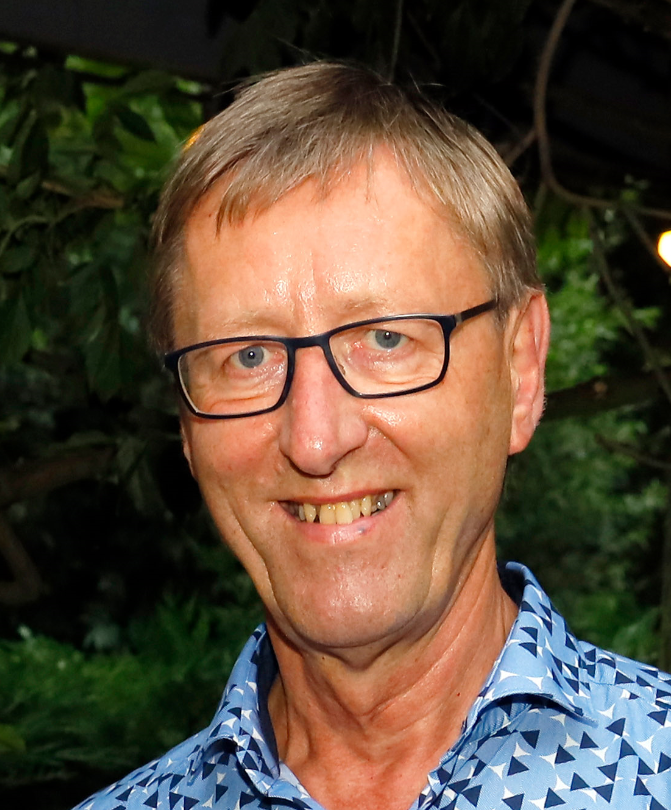
The digital transformation of industries and the efforts to design for sustainability have brought about massive shifts in the engineering profession. Universities need to address the issues of the digital and sustainability competencies at scale. This challenge is significant as it addresses a broad range of issues from technological content, new business models, sustainable design skills, security, trust, social acceptance, to values thinking and self-leadership.
The changing societal expectations cause a shift in higher engineering education from scientific discovery to human value. What is the impact of this paradigm shift on engineering education? Do we actually know what an aspiring young engineer needs to learn to live a responsible life in this rapidly changing world?
Aldert Kamp is the Former Director of Education at TU Delft Faculty of Aerospace Engineering and the Author of ‘Navigating the Landscape of Engineering Education’ (see: https://www.aldertkamp.nl/references)
- Professor Marcus Specht, Professor for Digital Education – Technical University Delft
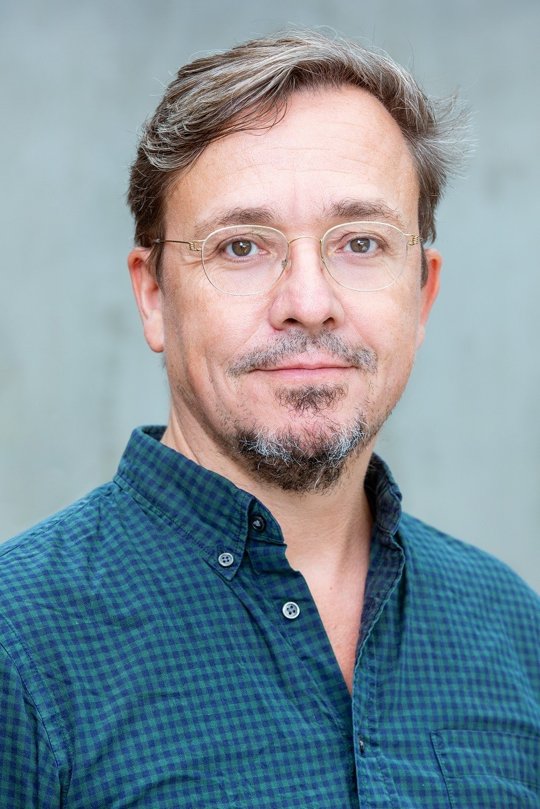
Prof. Dr. Marcus Specht will present a vision on digital engineering education and leadership and the use of for example Learning Analytics, AI in Education, and Virtual and Augmented Reality for Education. He will discuss dilemma’s and opportunities for (further) implementing digital education in the field from a leadership perspective.
Prof. dr. Marcus Specht is Professor for Digital Education at the Technical University of Delft and Director of the Leiden-Delft-Erasmus Center for Education and Learning. (see: https://www.wis.ewi.tudelft.nl/specht)
- Dr. Heli Harrikari, Strategic Lead for ECIU University
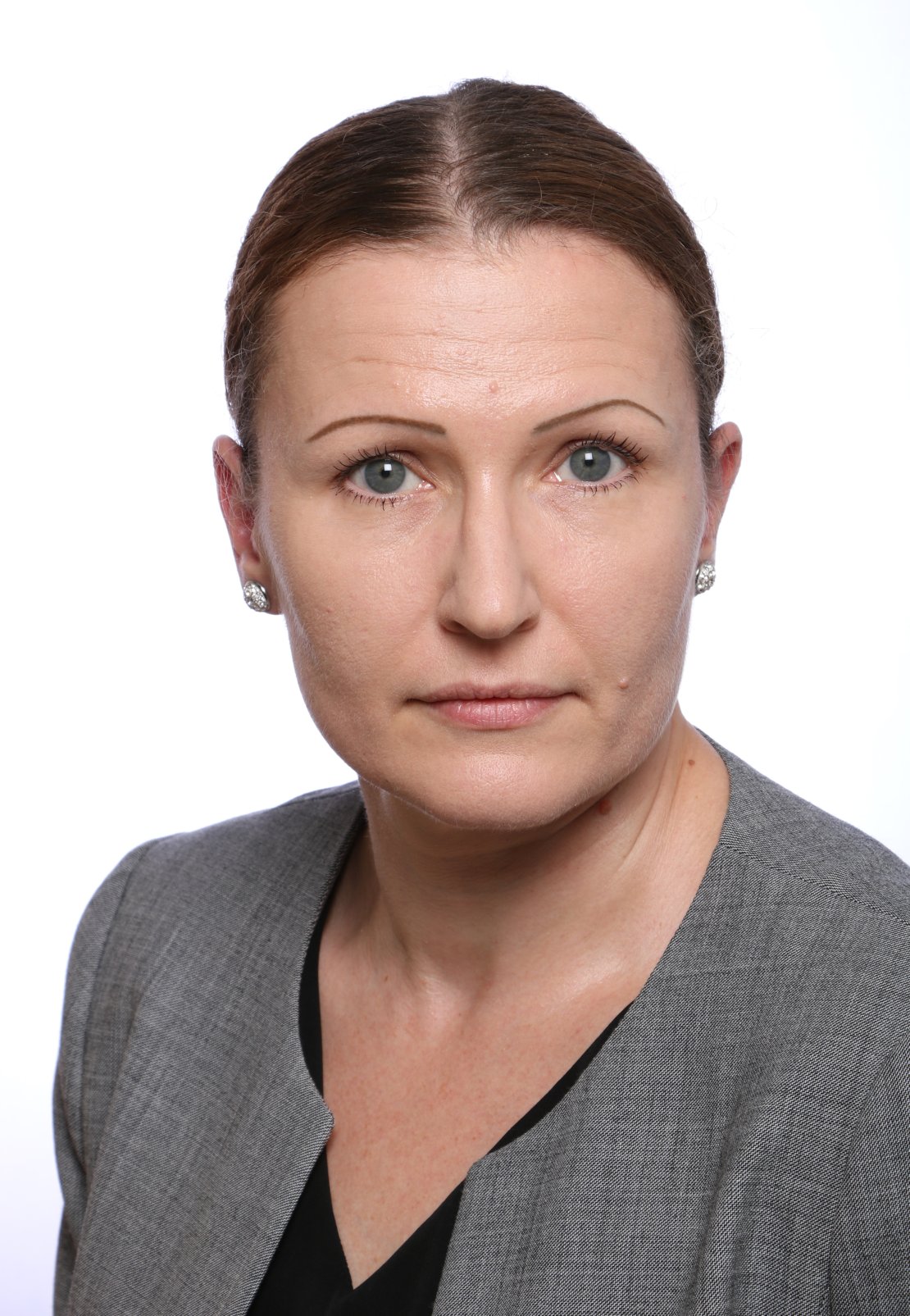
Dr. Heli Harrikari holds the position of Strategic Lead in ECIU University, one of the 1st generation European Universities. She has extensive experience in strategic innovation in universities. Previously she has worked as Director of continuous learning in Tampere University, Finland, and as Vice President of Education and Dean in Tampere University of Technology. In industry, she has worked as a researcher in speech and language technology. Throughout her career she has been involved with digital innovations.
- Professor Pierre Dillenbourg, Professor in learning technologies in the School of Computer & Communication Sciences
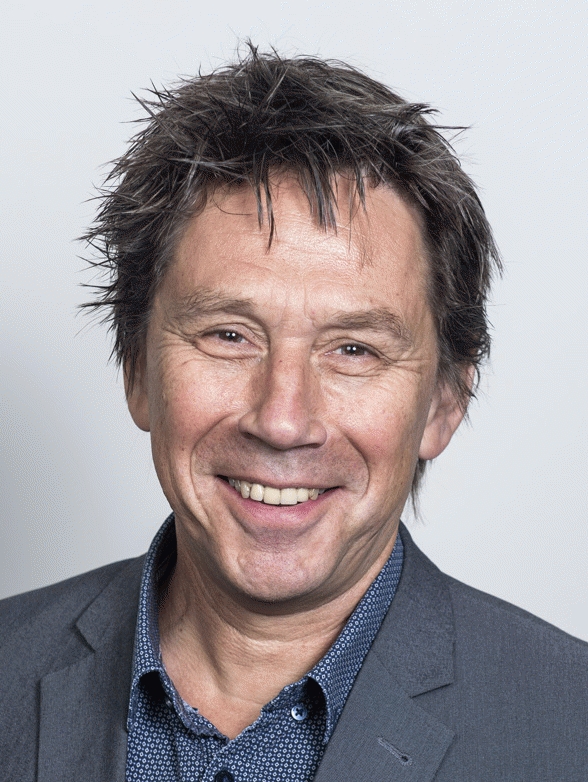
Professor Pierre Dillenbourg has expertise in the areas of Computer-supported collaborative learning & work, Learning technologies, MOOCs Human-computer interaction, Educational Robotics, Eye Tracking, Tangible Interfaces, AR & VR, and vocational education. He has been the director of Center for Research and Support on Learning and its Technologies, then academic director of Center for Digital Education. He is full professor in learning technologies in the School of Computer & Communication Sciences, where he leads the CHILI Lab: "Computer-Human Interaction for Learning & Instruction”. He has been the director of the leading house DUAL-T, which develops technologies for dual vocational education systems (carpenters, florists,...). With EPFL colleagues, he launched in 2017 the Swiss EdTech Collider, an incubator with more than 90 start-ups in learning technologies. He (co-)-founded 5 start-ups, does consulting missions in the corporate world and joined the board of several companies or institutions. In 2018, he co-founded LEARN, the EPFL Center of Learning Sciences that brings together the local initiatives in educational innovation. He is a fellow of the International Society for Learning Sciences and is currently is the Associate Vice-President for Education at EPFL.
- Dr. Laurent Dairaine, Chief Digital Officer ISAE-SUPAERO
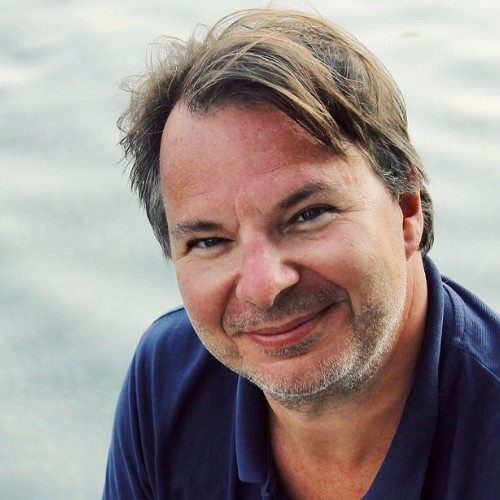
Dr. Laurent Dairaine is currently in charge of the digital transformation of ISAE-SUPAERO as Chief Digital Officer.
Graduated with a PhD in computer systems from the University Pierre and Marie Curie Campus of Sorbonne University in Paris, he initially carried out teaching and research activities in computer science and in the fields of communication networks and Internet protocols within different structures such as INRIA, CNRS in France or National ICT in Australia.
In 2007, he joined ISAE-SUPAERO - Institut Supérieur de l'Aéronautique et de l'Espace - where he manages the Institute's Information Technology department. Since 2018, he oversees the digital transformation of the Institute and manages the IDEA team: Innovative Digital & Education for Aerospace. Within this framework, he leads various actions on strategic and operational threads, the digital transformation of teaching: research & development on EdTech, design of digital courses and programs and production engineering of digital contents. IDEA also provides an operational support and is ambassador for innovative education, using digital technology or not. He chairs the "Digital learning" commission of the ISAE group and represents ISAE-SUPAERO in local and national bodies related to digital and digital technology.
More information about Laurent Dairaine:
- Professional webpage: https://personnel.isae-supaero.fr/laurent-dairaine
- Scientific publications : https://personnel.isae-supaero.fr/laurent-dairaine/publications.html
- LinkedIn: https://www.linkedin.com/in/laurentdairaine/
- Myrthe Lubbers, MSc, researcher at the department of Teacher Development, University of Twente and Dr. Dorien Hopster-den Otter, researcher at the department of Teacher Development, University of Twente
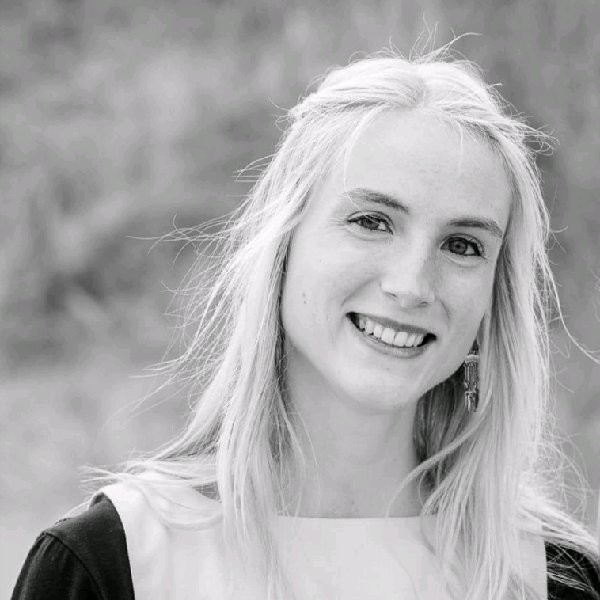
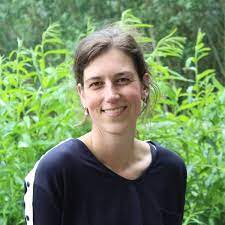
As members of the Acceleration Plan for Educational Innovation with IT (Teacher Professional Development zone), Myrthe Lubbers and Dorien Hopster-den Otter investigated the initiation and implementation of nationally developed innovations for teacher professional development in the field of educational innovation with IT: The Acceleration Plan is a collaboration between the Universities of the Netherlands (UNL), the Association of Universities of Applied Sciences, and SURF.
- Professor John Mitchell, Professor of Communications Systems Engineering, UCL
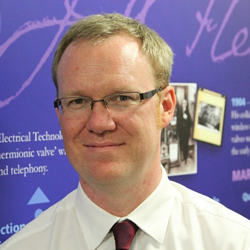
John E. Mitchell is Professor of Communications Systems Engineering in the UCL Department of Electronic and Electrical Engineering. He also served as Vice-Dean Education in the UCL Faculty of Engineering Sciences from 2015 to 2022. His research is focused on optical and wireless access systems, considering optical fibre access, millimeter-wave radio access, as well as systems that combine these two areas, specifically to support mobile front/back haul systems. This work has been funded by the UK Engineering and Physical Sciences Research Council (EPSRC) , the European Union (FP7, Marie-Curie), the UK Technology Strategy Board (TSB) and industry (including BT and SELEX ES). Between 2012 and 2016 he was on secondment to the UCL Engineering Sciences Faculty office, where he lead the introduction of the Integrated Engineering Programme.
- Professor Kim Schildkamp, Professor of Data-informed decision making for learning and development, University of Twente and former chair of the “Facilitating professional development of lecturers” zone of the Dutch national “Acceleration plan educational innovation with IT”
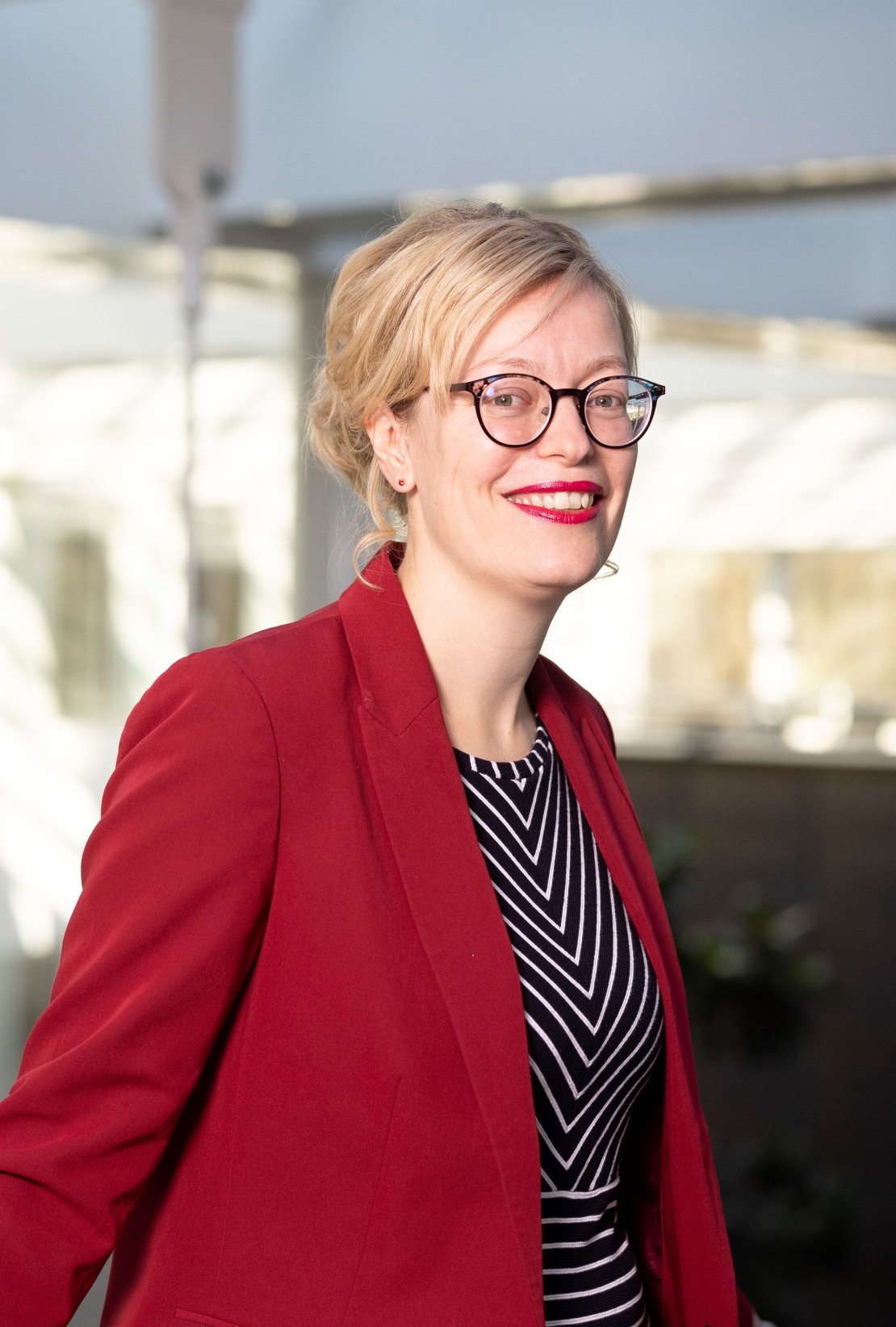
Professor dr. Kim Schildkamp is a full professor in the Faculty of Behavioural, Management, and Social Sciences of the University of Twente in the Netherlands. Her chair is called “Data-informed decision making for learning and development”. Kim is the past president of ICSEI (International Congress on School Effectiveness and Improvement). She has also been the chair of the so-called “Facilitating professional development of lecturers” zone of the Dutch national “Acceleration plan educational innovation with IT”. She has published widely on (leadership and) the use of (assessment) data. She has received numerous of grants from NWO/NRO, the EU (Erasmus plus, Comenius), The Spencer Foundation, The Ministry of Education, STW (Sience and Technology fund, the Netherlands), and several school boards. For more information see https://people.utwente.nl/k.schildkamp
- Professor Esther Ventura-Medina, Professor of Innovation in STEM Education at Eindhoven University of Technology
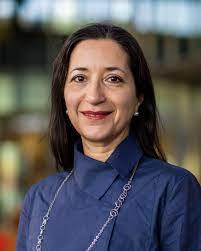
Professor Esther Ventura-Medina is a Professor of Innovation in STEM Education at Eindhoven University of Technology (TU/e), Eindhoven School of Education within the Department of Applied Physics and Education Science. She is also the Scientific Director of the Academy for Learning and Teaching (ALT) and the Leader of the Centre for Engineering Education (4TU.CEE) at TU/e. Her main research interests are grounded on questions about how cognitive development and human agency are influenced by the social environment. Her expertise is in the area of skill development in student-centre pedagogies such as Problem- and Project-Based Learning. Esther is a member of the Collaborative Online Learning Network (ONL) and of the Engineering Education Research Special Interest Group at SEFI.
- Professor Perry den Brok – 4TU.CEE-leader; and Wageningen University and Research and Dr. Cindy Poortman – 4TU.CEE leader at University of Twente
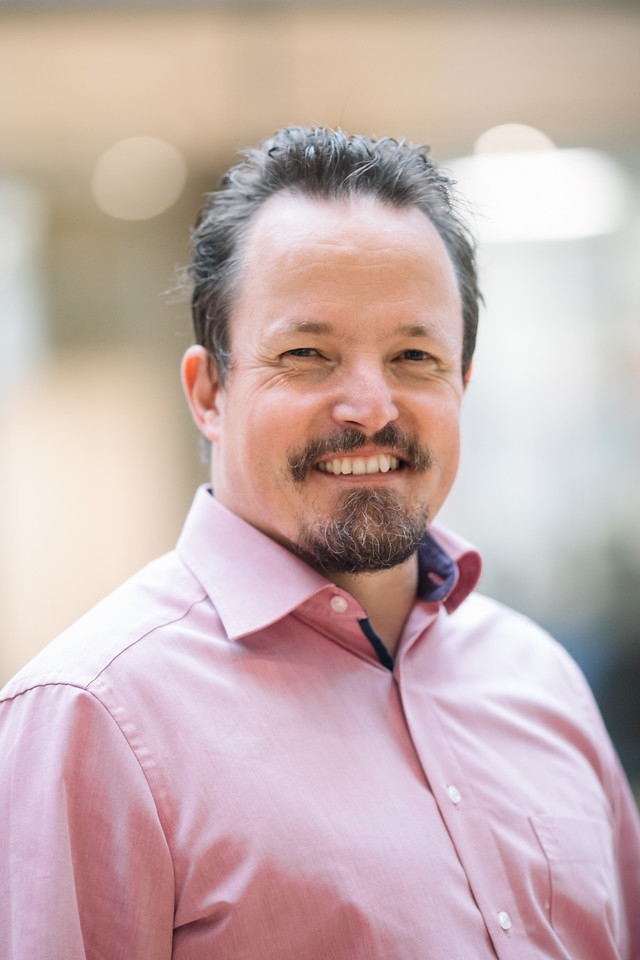
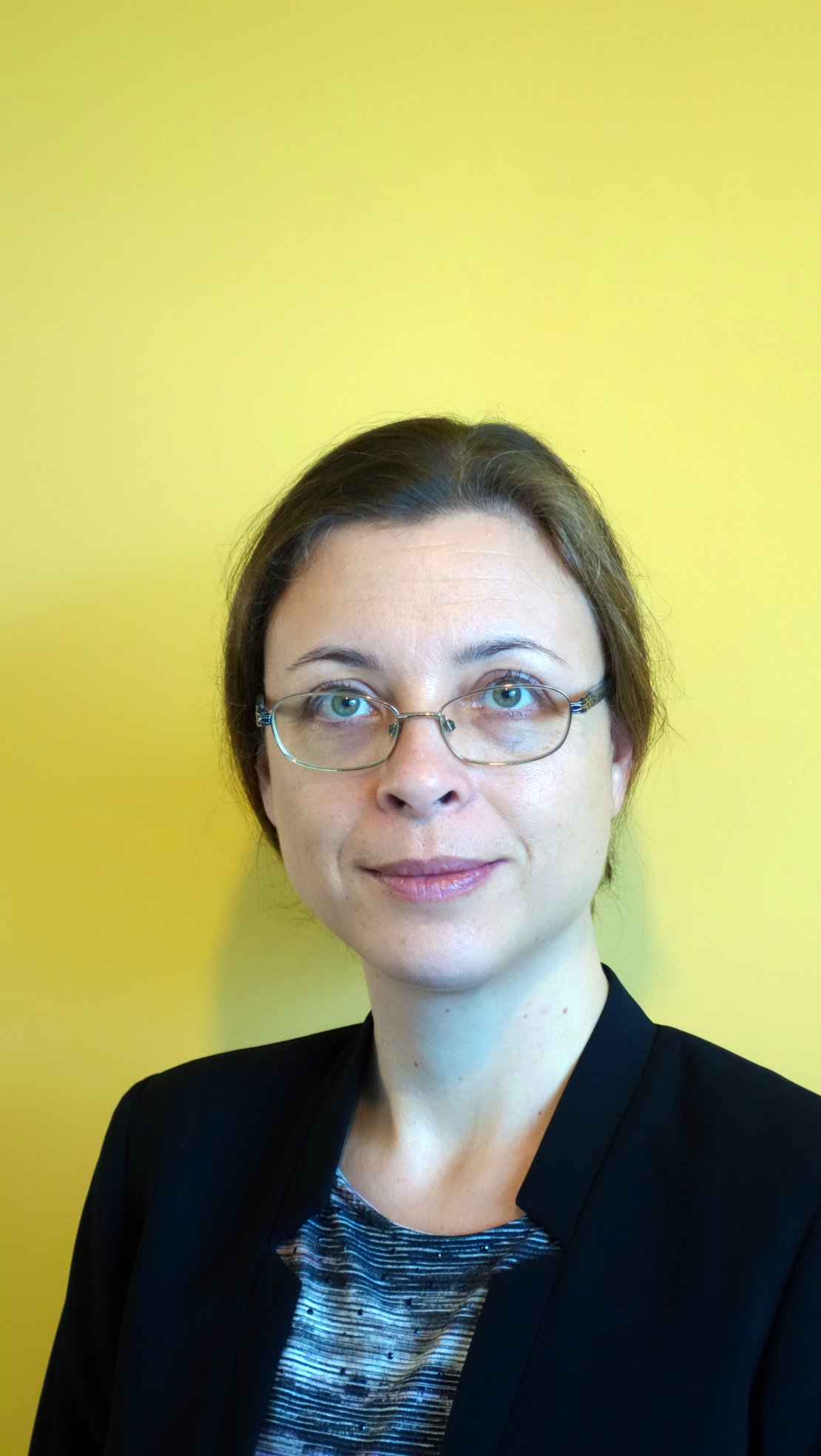
Many engineering universities are dealing with a variety of developments in their education. These include growth in diversity and numbers of students, changes in learning goals, technology enhanced learning, transdisciplinary collaboration and changes in teaching methods, to name but a few. In order to innovate education, universities employ a variety of strategies, including setting out innovation grants, scholarships of teaching and learning, or more top-down approaches to innovation. Typically, multiple strategies occur at the same time. At the same time, universities, both management and teachers, struggle with obtaining an overview of the direction and effects of their innovation, and if the innovations are sustainable in the longer term. In this contribution, we will first provide a framework that can help university leadership in mapping the nature and outcomes of educational innovations. The framework looks at the role of the innovation team, the goals and nature of an innovation, innovation outcomes, evaluation and dissemination. By showing results of use of the framework in one university, we will highlight typical trends in educational innovation projects and what such information might imply for university management. In the second part, we will present a tool for innovation leadership, that can help in establishing more sustainable innovation.
Perry den Brok is professor in Education and Learning Sciences at WUR and chair of the group with the same name (ELS). His research interests lie in the field of educational innovation, rich and innovative learning environments, teacher learning and profesional development (see https://www.wur.nl/en/persons/perry-prof.dr.-pj-perry-den-brok.htm)
Cindy Poortman is an associate professor at the University of Twente in the Netherlands.She is the 4TU.CEE (Centre for Engineering Education) leader at the University of Twente.
Her research and teaching focus on teacher and school leader professional development in (doing research in) teams and networks. Leadership and sustainability are examples of themes she focuses on within this area (see https://people.utwente.nl/c.l.poortman)